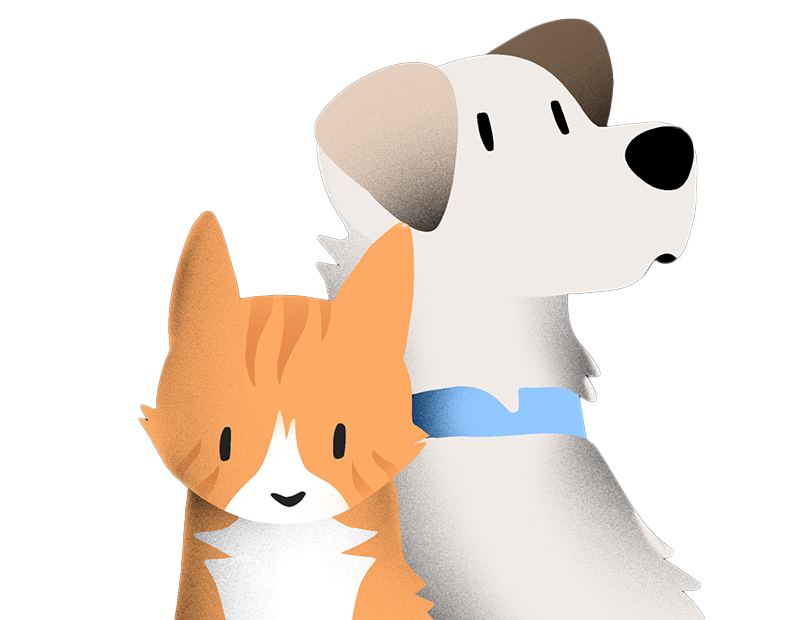What is noise anxiety in dogs?
Fearful and/or anxious behaviour associated with noise is commonly known as noise anxiety. Noise-related fear may also be called noise aversion, noise reactivity, noise sensitivity, or noise phobia in severe cases.
NOISE ANXIETY CAN AFFECT DOGS OF ANY BREED, SHAPE, SIZE, OR AGE. Approximately half of all dogs will be affected by this condition during their life time. Dogs express noise anxiety in many different ways. Milder signs, such as lip licking or yawning, can be hard to recognize as noise anxiety symptoms. Even in cases with milder symptoms, the dog still feels distressed and uncomfortable. In cases of severe noise anxiety, the dog may panic and injure itself, escape, and/or damage property. Either way, the dog needs help.
NOISE ANXIETY RARELY GOES AWAY ON ITS OWN. The signs can gradually get worse over time unless they are properly addressed. There are many things you can do to help your dog.
FEAR OF SUDDEN, LOUD NOISES IS A NATURAL REACTION, and it drives the dog to seek shelter. Dogs are not able to understand that loud situations are usually not dangerous in everyday life.
